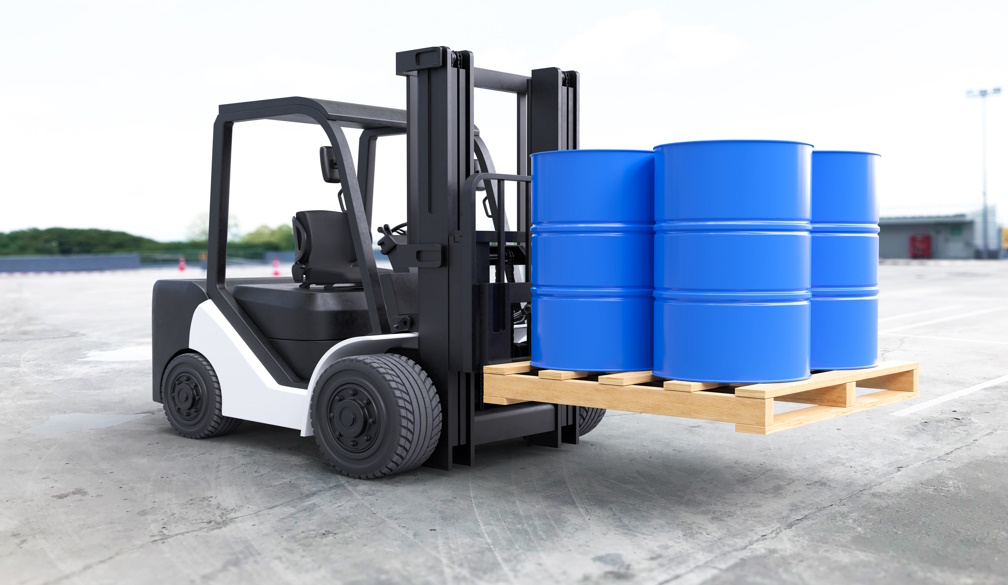Sustainable Alternatives to Plastic Barrels: Are They Worth It?

As environmental concerns continue to grow, many Australian businesses are rethinking their packaging and storage solutions. Plastic barrels, while durable and versatile, are under increasing scrutiny due to their environmental impact. For companies in industries like agriculture, food production and manufacturing, the search for sustainable alternatives to plastic barrels is gaining momentum. But are these eco-friendly options truly worth the switch? This article will explore some of the most popular sustainable alternatives to plastic barrels and whether they make sense for your operations.
The Environmental Impact of Plastic Barrels
Plastic barrels are prized for their durability and cost-effectiveness. However, their environmental footprint can’t be ignored. Most plastic barrels are made from high-density polyethylene (HDPE), a petroleum-based plastic that can take hundreds of years to break down in landfill. While many suppliers now offer recycled plastic barrels as a more sustainable option, they still rely on plastic’s core properties. Improper disposal or recycling practices can lead to microplastic pollution, further harming ecosystems. This growing awareness has led many businesses to seek out sustainable alternatives to plastic barrels that align with modern environmental standards and customer expectations.
Popular Sustainable Alternatives to Plastic Barrels
Several eco-conscious options are now available for those looking to move away from traditional plastic barrels. These include:
Stainless Steel Drums
Stainless steel drums are a long-lasting and fully recyclable alternative. They’re particularly popular in food and pharmaceutical industries due to their hygienic properties and resistance to corrosion. Although the upfront cost is higher than plastic, their lifespan and recyclability make them a sustainable investment over time.
Fibre Drums
Fibre drums are made from renewable resources such as cardboard and kraft paper. Lightweight and biodegradable, they’re ideal for dry goods and powdered substances. However, they’re not suitable for liquids or hazardous materials, limiting their versatility.
IBC Totes with Reusable Liners
Intermediate Bulk Containers (IBCs) are widely used for bulk storage and transport. By using reusable or biodegradable liners, these containers become a more sustainable alternative to single-use plastic barrels. Their modular design also reduces shipping waste and storage space.
Bioplastics & Compostable Barrels
Emerging technologies have introduced barrels made from bioplastics derived from plant-based materials like corn starch or sugarcane. These compostable barrels are still in the early stages of widespread adoption but offer promising eco-friendly benefits, particularly for non-industrial use.
Are Sustainable Alternatives Worth the Investment?
The value of switching to sustainable alternatives to plastic barrels depends on several factors:
- Cost Efficiency –While initial costs for alternatives like stainless steel may be higher, long-term savings from durability and reusability can balance the expense.
- Regulatory Compliance – Some industries may face future regulations limiting plastic use. Early adoption of sustainable packaging can provide a competitive edge.
- Brand Reputation – Consumers are increasingly favouring businesses with strong sustainability credentials.
- Operational Suitability – Not all alternatives suit every product. It’s essential to match the material with your storage and transport requirements.
Choosing the Right Supplier for Sustainable Solutions
If you’re considering a shift from plastic barrels, working with a knowledgeable supplier is important. More packaging providers are beginning to offer a wider range of sustainable options, from stainless steel containers to fibre drums and bioplastic innovations.
Look for suppliers that:
- Offer product life cycle assessments
- Provide clear information on recyclability and disposal
- Can customise solutions to fit your operational needs
- Are transparent about sourcing and material origins
Conclusion
Ultimately, whether alternatives to plastic barrels are worth it will come down to your business’s goals, including financial, operational and environmental. By evaluating your needs and working with trusted suppliers, you can make a shift that benefits both your bottom line and the planet.

